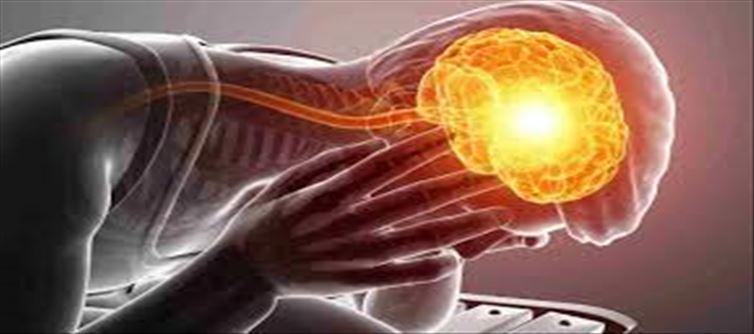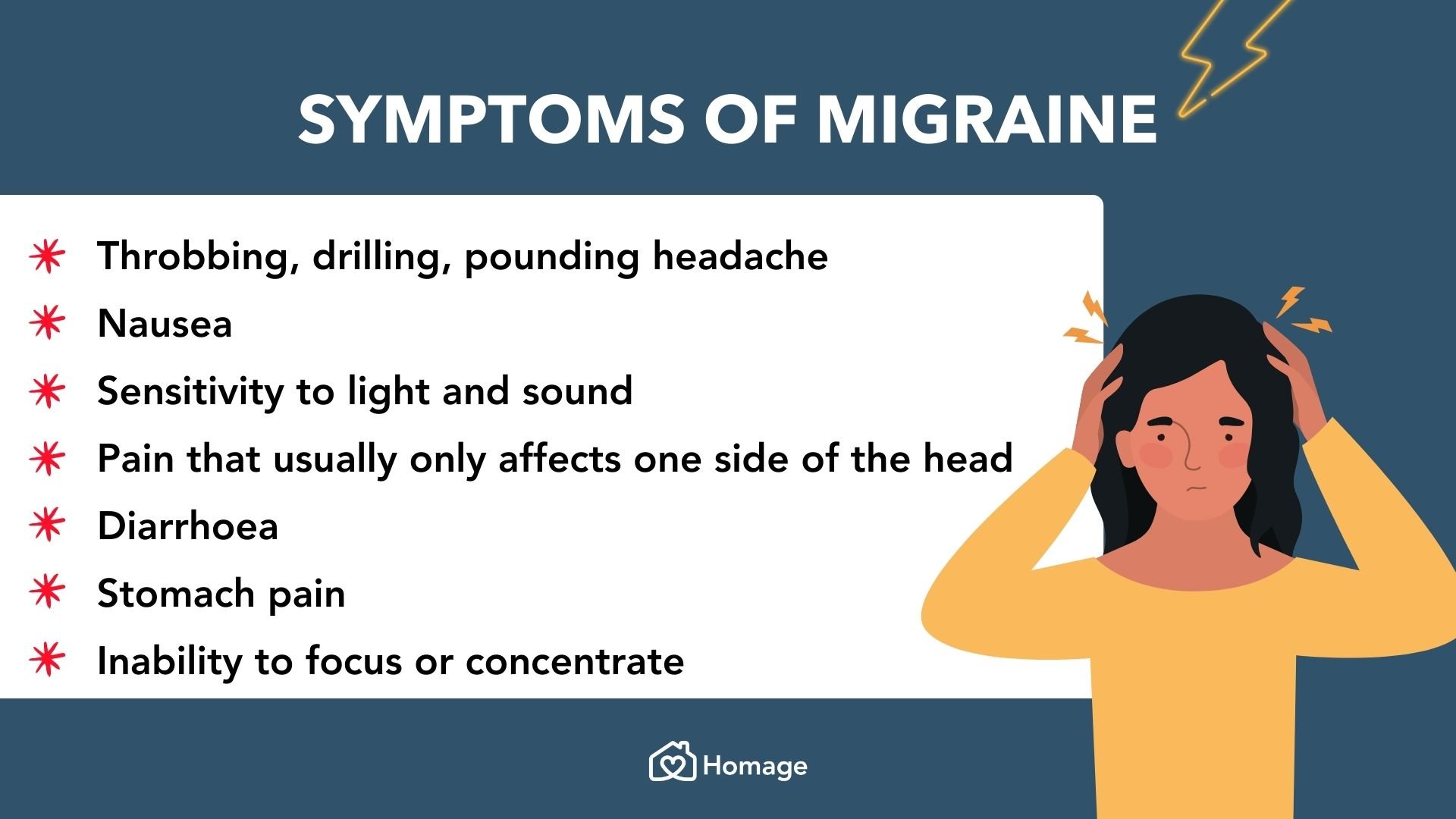
How can you predict when a migraine attack may occur?

Researchers looked for changes in people's stress levels, energy, attitude, and sleep patterns prior to experiencing headaches. According to a recent study that was published in the journal Neurology, certain patients' headaches may be predicted by smartphone apps or diaries that monitor their activity, sleep patterns, and mental states.
According to the study, those who experienced morning migraines the night before had poor sleep quality and low energy levels. It's interesting to note that headaches—especially migraine headaches—have no clear correlation with worry or any other type of mental disorder.
Prodrome is the term for some bodily alterations that occur up to 24 hours prior to migraine onset. During this period, there can be a strong desire to eat, abrupt emotional swings (such as being extremely happy or depressed), poor sleep, frequent yawning, or frequent trips to the bathroom.
Lead researcher Kathleen Merikangas, a psychiatrist at the National Institute of Mental Health, argues that individuals may be able to predict when they get headaches if they monitor their sleep, physical activity, and energy levels. is anticipated to occur. Changes in the body and mind begin even before the headache appears.
What signs and symptoms accompany a migraine?
A condition known as migraine aura occurs when certain individuals experience brain-related issues either prior to or during their migraine attacks. These could be lightheadedness, vertigo, nausea, vomiting, ringing in the ears, fuzzy lines in front of the eyes, or uneasiness brought on by loud noises and bright lights. This may indicate an impending migraine episode, although it can also occasionally be accompanied by a strong headache. But not everyone who has a migraine feels this aura.
A'migraine hangover' occurs following a migraine attack, once the headache has subsided. This may continue for many hours or for 48 hours. You can have fatigue, lethargy, weakness, dizziness, and trouble concentrating at this time. It could look to some just like the hangover that follows an alcoholic beverage. Some patients experience no symptoms at all during the intervals between seizures.




 click and follow Indiaherald WhatsApp channel
click and follow Indiaherald WhatsApp channel